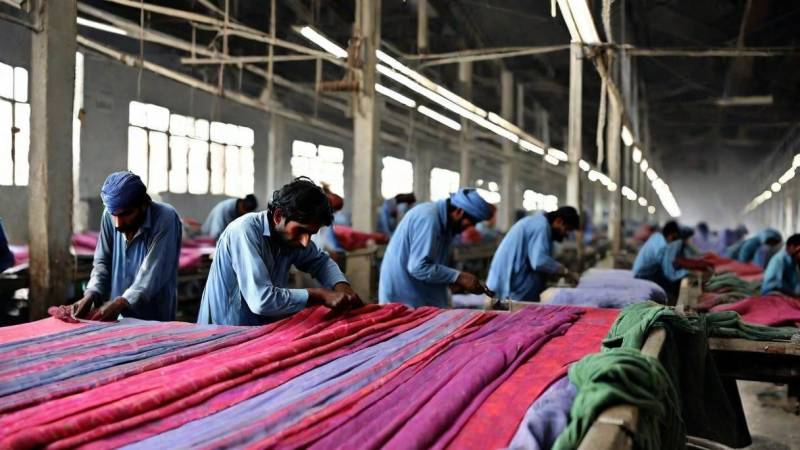
With Pakistan relying heavily on textile exports, it must improve conditions for textile industry workers to retain its Generalised Scheme of Preferences Plus (GSP+) status from the European Union.
This was stated by International Labour Organization (ILO) Country Director Geir T. Tonstol during a formal interaction with journalists in Islamabad on Tuesday. The ILO had helped organise a two-day workshop at its offices on effective reporting on forced labour and fair recruitment in Pakistan. The workshop was held under a US DOL-funded BRIDGE project.
Tonstol said Pakistan is one of the very few countries in the world which benefits from the GSP+ preferential trade agreement with the EU. And if Pakistan wishes to retain that status, it must follow 27 labour, human rights, and environmental standards.
He warned that no country would buy from Pakistan if there is forced labour, child labour, bonded labour, etc., in the supply chain.
"It has been reported that there may be as many as 3.4 million individuals in conditions of bonded labour," he said.
The ILO country chief briefed journalists regarding the organisation's four goals in Pakistan, including employment for the 20 million youth who are unemployed in Pakistan and have limited access to training and education, social protection, which includes social security benefits, international labour standards since Pakistan has only ratified 36 out of 190 ILO labour standards, and occupational safety and health.

Tonstol said the ILO plays a supportive role in fostering dialogue between employers, the government, and the worker unions to promote decent working conditions, social justice, and fair recruitment. He placed emphasis on encouraging trade unions in Pakistan and said they welcome trade unions that represent workers. He said that the Pakistan Workers' Federation was one of their partners in Pakistan, meanwhile the Employers Federation of Pakistan, based in Karachi, was their biggest member representing the employers. He said they were working with the governments of Sindh and Punjab to consolidate labour laws.
When asked if it's challenging to deal with provinces regarding labour laws after the 18th Amendment, Tonstol admitted that it's challenging since there's no specific labour ministry at the federal level to work with. However, it was good that responsibility has been divided amongst the provinces so that they can make better laws for the province.

